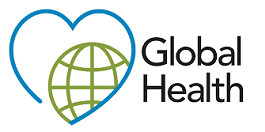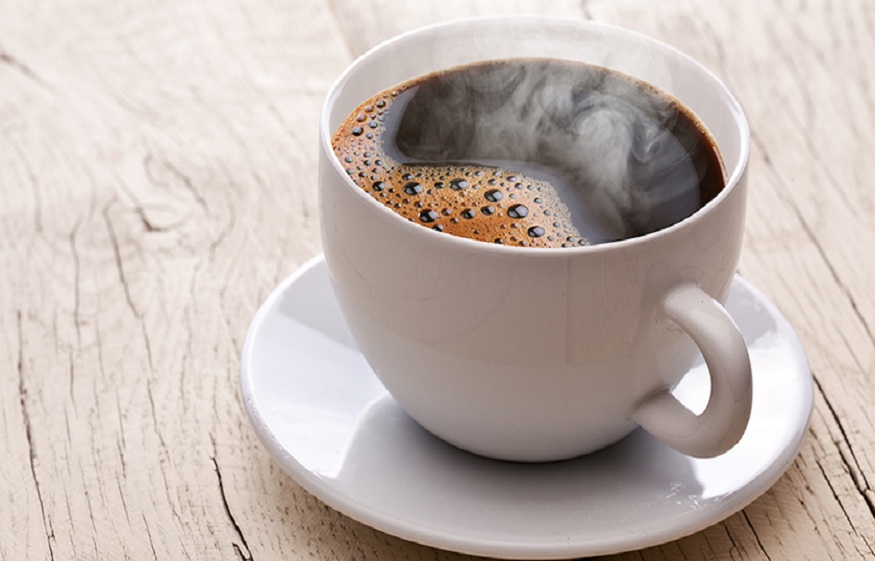Do you feel like the morning doesn’t really start until you’ve had your first cup of coffee? If so, you’re not alone. Roughly 75% of the American population, over 154 million adults, consume coffee on a daily basis.1Like red wine or dark chocolate, coffee can be part of a healthy diet – the key is moderation.
The average 8-ounce cup of coffee contains between 80 and 100mg of caffeine. Compared to the 30 to 50mg in a 12-ounce soft drink or 8-ounce serving of tea, coffee contains significantly more caffeine but how much caffeine is too much? The FDA recommends a maximum caffeine intake up to 400mg per day, but some people are more sensitive to its effects depending how quickly their body breaks it down.2
While the caffeine in coffee can be helpful to start your morning with a boost of energy, it could impact other aspects of your health. Here’s what you need to know about the effects of coffee on blood pressure.
The Short-Term Effects of Drinking Coffee
Caffeine is a central nervous system stimulant. Within minutes of drinking your first cup of coffee in the morning, you may feel noticeably more awake and alert.3 Unfortunately, not all of the short-term effects of caffeine are good. You may also experience jitteriness, rapid heartbeat, or an uptick in anxiety if you are sensitive to caffeine.
In addition to stimulating your central nervous system, the caffeine in coffee may also trigger a temporary increase in blood pressure.
A review of 34 studiesfound that drinking between 200 and 300mg of caffeine was associated with a rise in blood pressure of 8 mmHg systolic and 6 mmHg diastolic.4 This increase seems to happen regardless your caffeine tolerance or how often you drink coffee and, in most cases, blood pressure seems to return to normal within 3 hours.5
What Are the Long-Term Effects?
Not only do the effects of caffeine seem to be short-lived in terms of elevating blood pressure, but regular coffee consumption doesn’t appear to have any harmful influence on the blood vessels. At least, not in the same way excessive alcohol intake contributes to stiffening of blood vessels.6
In fact, consuming 3 to 5 cups of coffee on a daily basis may decrease your risk for heart disease by up to 15%.7 Some studies have even shown people who regularly drink coffee have a lower risk of developing dementia and Alzheimer’s. This being said, you should still consider moderating your caffeine intake and avoid consuming too many caffeinated soft drinks or energy drinks. Combined with their high sugar content, these drinks have as much as 100mg caffeine per fluid ounce.8
Excessive caffeine intake has been linked with the following negative effects:9
- Nervousness, irritability, or anxiety
- Digestive upset, heartburn, or stomach ulcers
- Confusion or hallucinations
- Impaired metabolism of calcium and osteoporosis
- Difficulty falling or staying asleep at night
While regular coffee consumption doesn’t appear to negatively impact cardiovascular wellness, it’s important to prioritize your health. Consider avoiding caffeine on an empty stomach. You might even consider giving your morning coffee a healthy boost by adding collagen peptides for a dose of protein and to help prevent gastrointestinal upset.
A Final Word on Blood Pressure
Including a cup of coffee or two in your daily routine is unlikely to do any harm. It’s important to drink caffeine in moderation, however, and to make it part of a balanced diet that includes fresh fruits and vegetables, whole grains, and lean protein. A healthy diet paired with regular exercise is the best way to promote heart health and to keep your blood pressure under control.10 If you have high blood pressure, it’s even more important to stay on top of your health and to make heart-healthy decisions.




